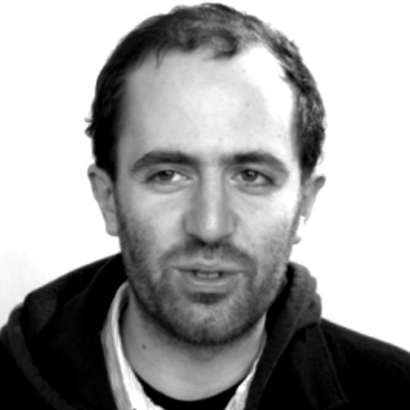Arriving on the scene in the 1990s, Will Self carried on the tradition of the British novel we know from J. G. Ballard and Anthony Burgess: edgy, satirical conceptual fictions. (For a taste of his early inventions, see Great Apes, published in 1997, in which a man awakes from a drug binge to a society of chimpanzees.) Self’s hometown celebrity has had a similarly rude tinge. A prominent columnist and television personality, he’s notorious for an incident in 1997, when, while covering the national election for The Observer, he was caught using heroin on then prime minister John Major’s state jet. Of his subsequent sacking, Self remarked, “I’m a hack who gets hired because I do drugs.” Other gigs did follow, even after he got sober—for a second time and so far successfully—in 1998.
Since then, his fiction has achieved ever greater range and sweep, not to mention a pair of Booker Prize nominations. His most recent trilogy of novels—Umbrella (2012), Shark (2014), Phone (2017)—tackled the formation of the modern world through war, technology, pharmacology, and psychotherapy, in a neo-modernist stream-of-consciousness, replete with fractured time frames and unrelenting, italics-and-ellipsis-studded, book-length paragraphs. He also remains a prolific journalist with an ever-expanding brief.


